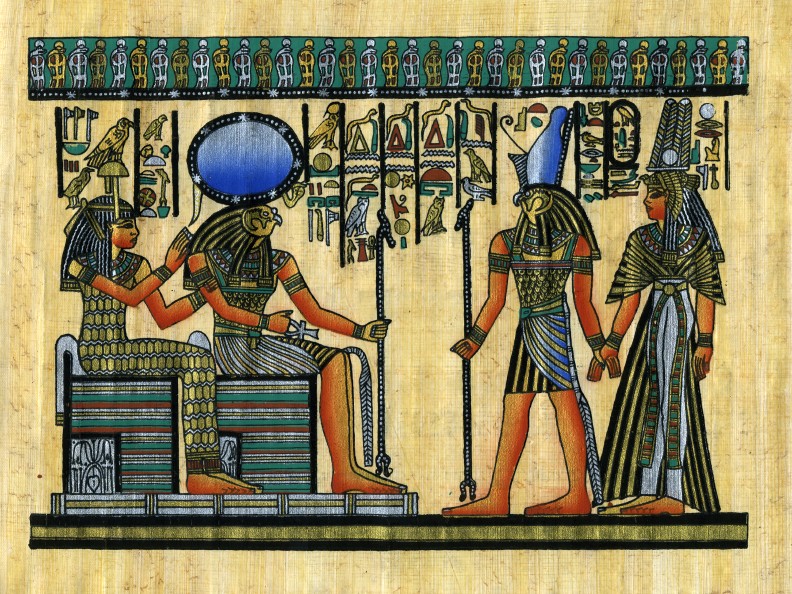The following drosha was given at the Saranac Synagogue in Buffalo on the second day of Passover, 5747 (1987), and transcribed from memory by Jeffery Zucker. Comments and questions are very welcome.
A brief thought by way of introduction: The Gemara (Brachos 63b) says that R’ Yehuda was the main speaker at every function he attended. I used to wonder: what was the secret of his success as a speaker? Last night, during the reading of the Haggadah, an idea struck me. It says there that R’ Yehuda abbreviated the ten plagues with the initials “Detzach, Adash, Be`achav”. That must have been the secret of his success: He knew how to make a message short!
In my Shabbos HaGodol drosha, I spoke of how the great achievement of the Jews during the first Shabbos HaGodol was that they actually performed a deed which was calculated to violate the sensibilities of the Egyptians: they bought Paschal lambs from the Egyptians, and explained to the Egyptians that these lambs were to be used for sacrifices.
This aroused the anger of the Egyptians, since the lambs were holy to them.
The Midrash relates that the Egyptians actually wanted to kill the Jews when they heard this. Now let us take up this same story from a different perspective: that of the Egyptians.
The Egyptians had just suffered the ten plagues, and, although scholars and scientists have since then have attributed the plagues to natural causes, the Egyptians knew that G-d was responsible for them (“This is the finger of G-d”, Exod. 8:15). We may then ask: why were the Egyptians so upset about the sacrifice of their holy sheep? They must have realized by now that the G-d of the Hebrews was mightier than their own gods.
The answer is that there is a tremendous difference between accepting something intellectually and acting upon it. And there is an enormous difference between getting an emotional high on the idea of Jewish observance, and following through.
To become an observant Jew demands a lifetime of effort.
I do not believe that there is any event which would make most of the world, or most Jews, religious. We know of books, articles, and movies, which were going to transform mankind spiritually, but the influence of all of them has been at best transitory. There is no quick, easy fix in Judaism.
A good example is in the preparation for Pesach. You can meditate, you can recite psalms, you can stand on your head, but unless you get out the Brillo pad and start scrubbing, you just won’t get your Pesach cleaning done. In Pirke Avos it is written: “Ben Hei-Hei said: According to the effort is the reward” (5:26). There is no reward for just feeling inspired, or determined to do good.
Now we can sum up the difference between the behavior of the Egyptians and the Jews. The Egyptians, although they realized the might of G-d, were not prepared to act on this knowledge by forgoing their attachment to their holy sheep. The Jews, by their brave action on Shabbos HaGodol, showed that they were prepared to act on their beliefs.
Pesach Kasher VeSameach!!
